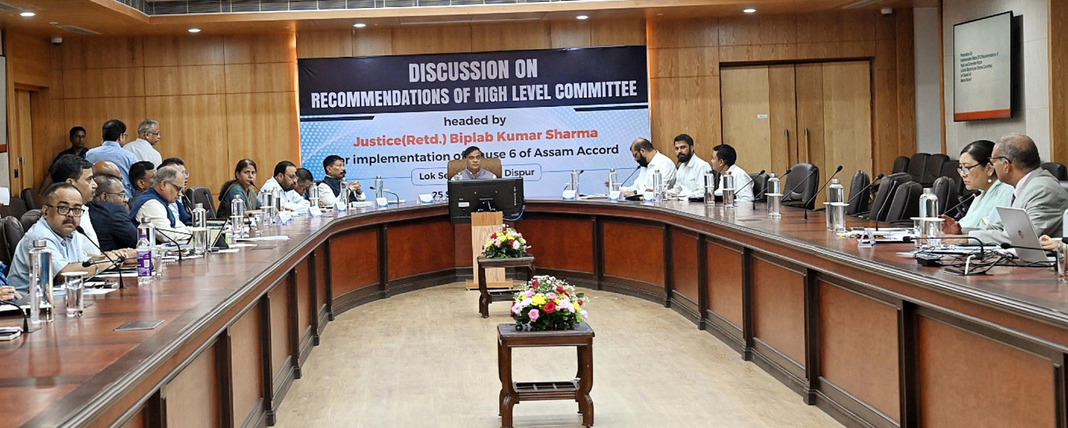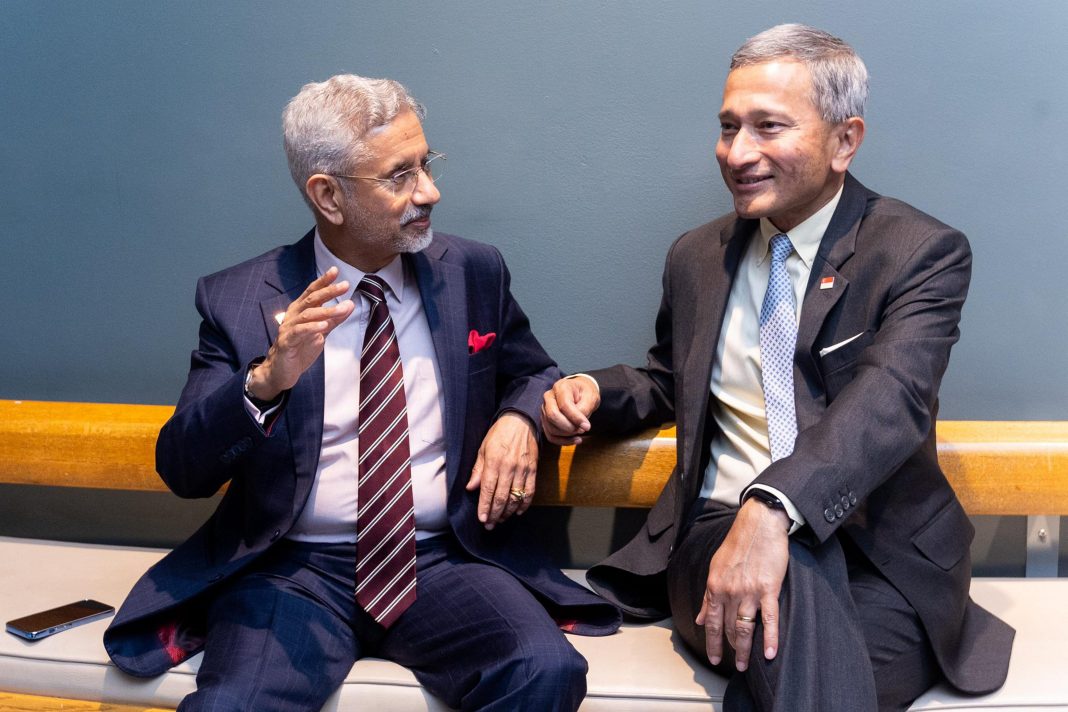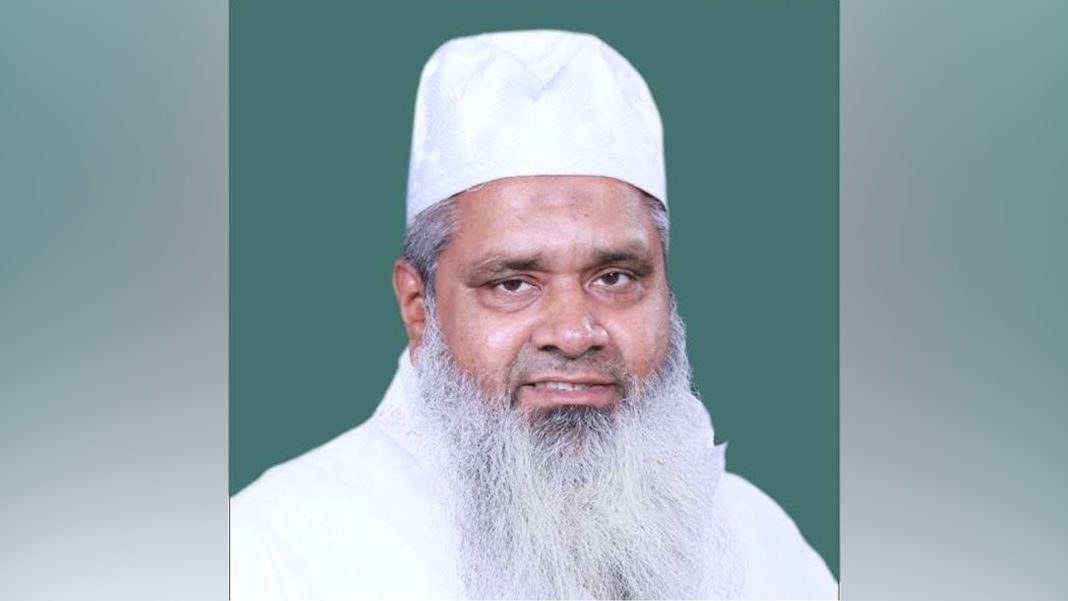Guwahati Sept 29: The Patriotic People’s Front Assam (PPFA) has expressed its appreciation for the Assam government and the leadership of the All Assam Students’ Union (AASU) for making progress on defining the term “Asomiya” (Assamese people), setting January 1, 1951, as the cut-off date.
The PPFA, a forum of nationalist citizens, commended this resolution but urged both parties to also adopt 1951 as the base year for the detection and deportation of all illegal foreigners residing in the state.
This discussion comes in the context of the implementation of Clause 6 of the Assam Accord, which aims to safeguard the cultural, social, and linguistic identity of the Assamese people. The Accord, signed during the Assam Movement (1979-1985), stipulated that Assamese identity should include indigenous tribal families, other indigenous communities, and Indian citizens who were residing in Assam on or before the agreed-upon cut-off date, along with their descendants.
Clause 6 of the Assam Accord specifically called for constitutional, legislative, and administrative safeguards to protect the heritage of the Assamese people. The previous clause addressed the status of illegal migrants, particularly East Pakistani nationals who settled in Assam before March 15, 1971, granting them Indian citizenship and the right to live in the state.
The PPFA’s push for the 1951 cut-off year reinforces its stand on tightening immigration measures to address long-standing demographic concerns in Assam.
The meeting between the Assam government and the AASU sought to further distinguish the identity of Assamese people, following recommendations from the Justice (retired) Biplab Kumar Sarma-led High Power Committee.
The PPFA emphasized that both the Assam government and AASU should also adopt the national cut-off year of 1951 for identifying illegal migrants in Assam and argued that while deporting East Pakistani nationals (who entered Assam before March 15, 1971) may be challenging due to international diplomatic complexities, the Union government in New Delhi could explore the possibility of resettling them in other parts of India.




